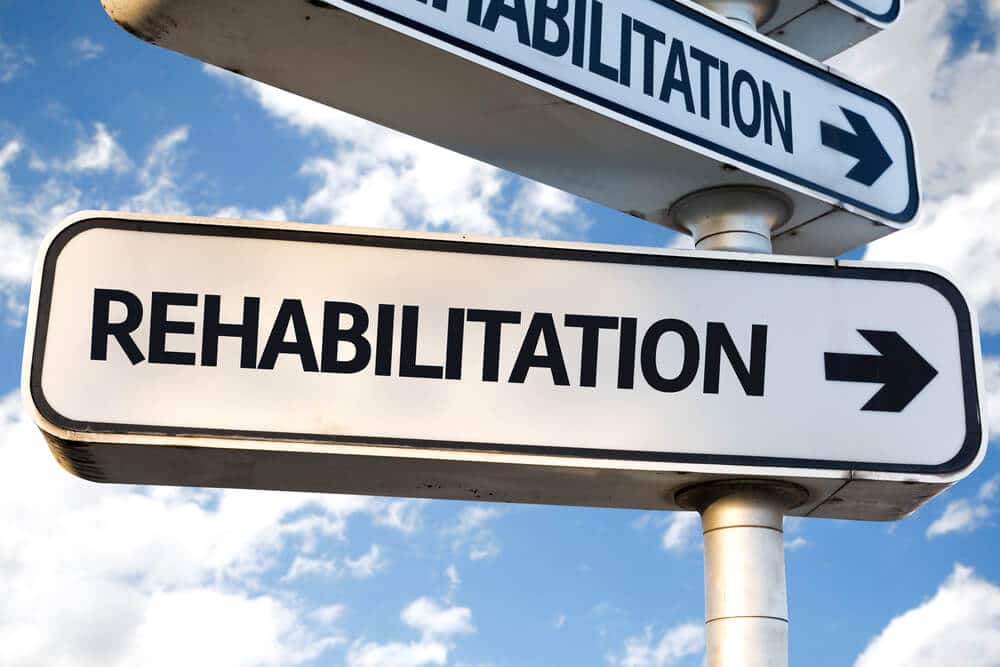
Guide to Court Ordered Rehab
Legacy Healing Center Blog
Learn about court ordered rehab and how this option can help get someone on the road to sobriety.
It isn’t uncommon for someone who is addicted to drugs or alcohol to sometimes acquire a host of legal issues because of the addiction, which can then lead to court ordered rehab.
Whether it was jail or prison time due to selling or buying drugs, driving while intoxicated, or causing bodily harm to someone while under the influence, there are many reasons why the criminal court system may sentence someone to court ordered rehab after they serve their time or as an alternative to being imprisoned.
Because scientific research and breakthroughs over recent years have more accurately described addiction as a disease, some people with substance abuse issues are being given the option of rehabilitation vs. incarceration, depending on the severity of their legal issues.
When addiction rehab centers partner with the court systems, it allows people who have a substance abuse disorder to get help for underlying issues that would not typically be addressed in the jail or prison system.
Research has found that if someone with a substance abuse disorder serves time – but does not get court mandated rehab – that 95% of them will use drugs or alcohol again soon after being released.
In addition, up to 80 % of those released will commit another drug or alcohol-related offense in the future. For these reasons, many jurisdictions in the United States are setting up special drug courts that help offenders have better outcomes.
In many of these special drug court cases, court ordered rehab is offered as a way for someone to avoid jail time completely or as an option in order to get a decreased sentence.
When the individual enters into the addiction rehab center, they are in a safe place where they can detox and get help for any medical issues that may arise during the detoxing phase.
Once the detox has been completed, the facility will offer the individual programs, resources, and tools that will help them maintain their sobriety and get back on the right path, free of drugs or alcohol.
With ongoing treatment and access to support groups and 12-step programs, statistics show that some people break the addiction cycle and also the crime cycle.
You may be wondering if a friend or loved one is a good candidate for court mandated rehab, and also be curious about how judges make the decision on who gets offered this type of sentencing.
In most of the special drug courts, the individual can not have committed a violent crime, their offense has to be a direct or indirect result of alcohol or drug addiction, and the court has to deem that the person’s life can benefit from time in rehab.
With court ordered rehab, it is important to know that the individual is required to pay for their treatment. In some cases, insurance may pay for a portion or for the entire program, and some programs have lower costs in exchange for work.
If a decision has been made to send an offender to court mandated rehab, a team is typically assembled by the court. This team is made up of the judge, attorney, counselors, a case manager, and a healthcare team.
The goal of this team is to make sure the person complies with all aspects of the court order, and is given the help needed in order to help break the addiction cycle.
If a person attends a court ordered rehab, they will be expected to follow a certain set of criteria. This includes staying in the rehab for the time set forth by the judge, not using any alcohol or drugs during rehab, updating court officials and team members, consenting to random tests for substances in the body, and completing court ordered community service if it is given.
Court ordered rehab can help someone change his or her life by getting clean, learning how to maintain sobriety, and helping them to commit less drug or alcohol-related crimes in the future.
Learn more about drug and alcohol treatment programs and options such as detox programs, partial hospitalization programs, counseling programs and more at Legacy Healing Center.
A life free from addiction is a possibility and is just a phone call away 888-597-3547.